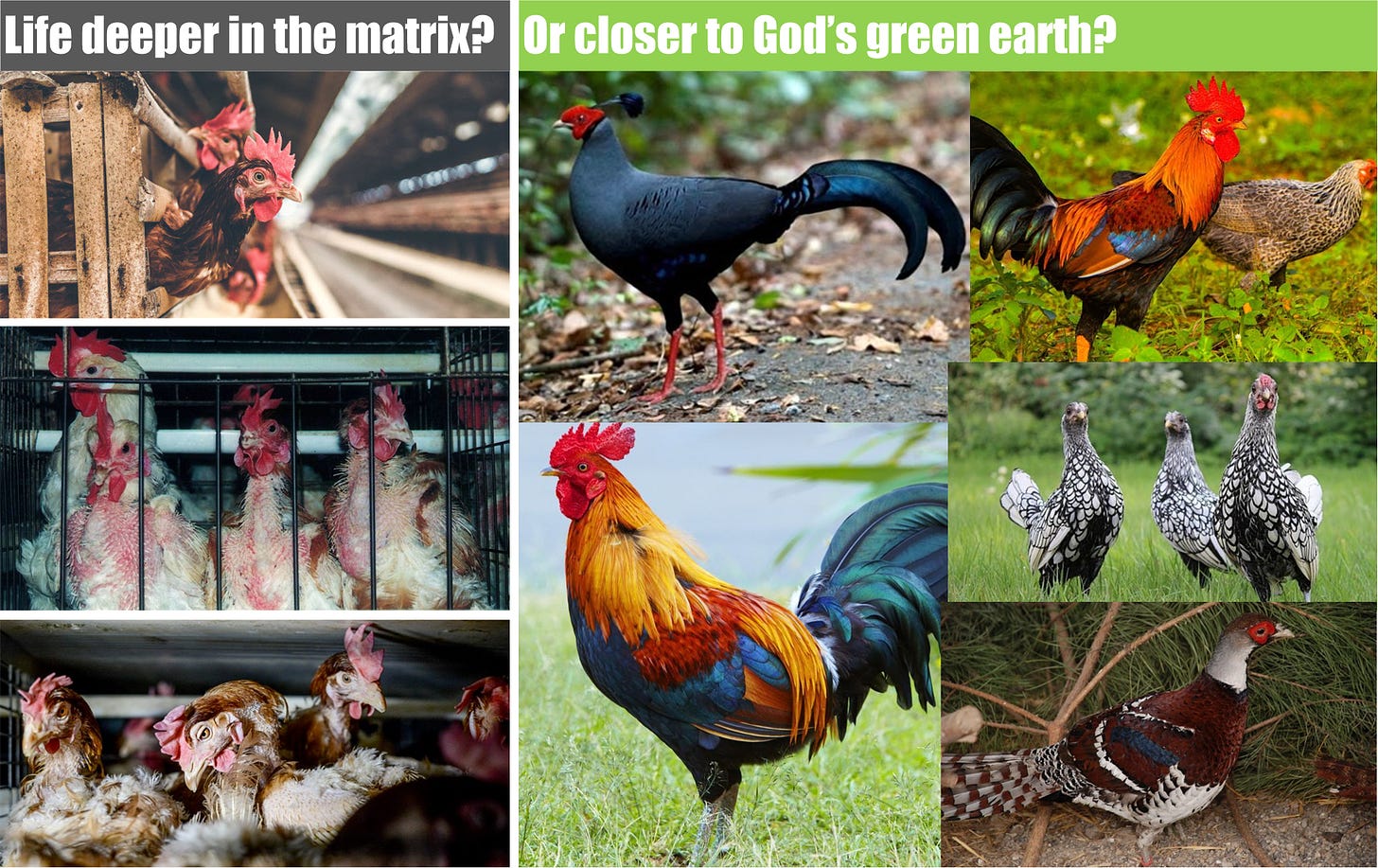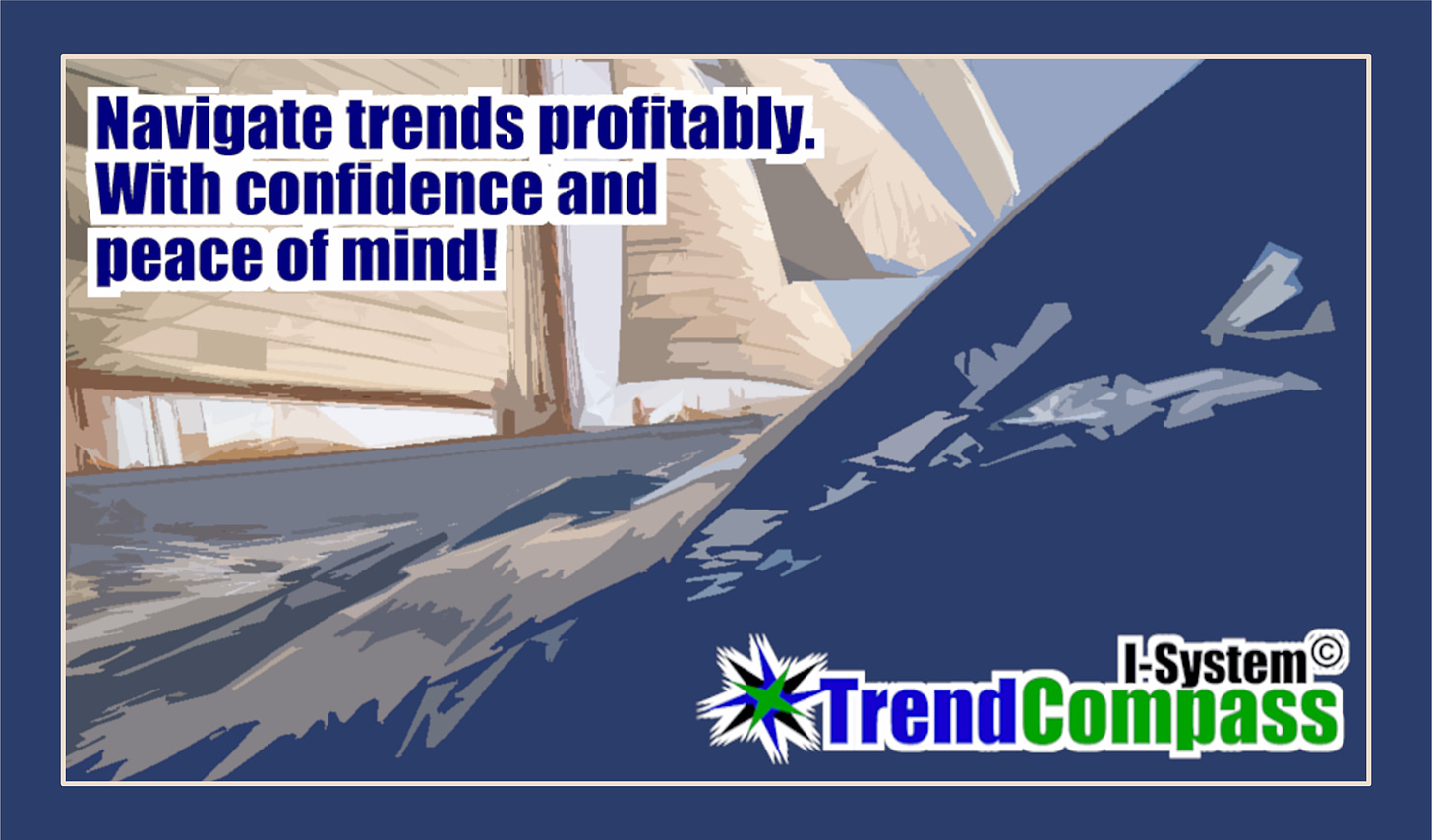Last week I was invited to speak at the 16th Eurasian Economic Forum in Verona in Samarkand, Uzbekistan, where I spent four days. One of the interesting aspects of the trip was the experience of breaking out of the Western matrix and its many throbbing hysterias in which we had been immersed for so long. We are adaptive and little by little we get used to new circumstances, whatever they may be, until they become part of our “normality”. But in the West we’ve been treated to so many new things, it’s hard to appreciate how extraordinary they are until you step out of the box.
Our social space is defined by endless divisions: color vs white, left vs right, progressive vs conservative, pro-gun or against, pro-abortion or pro-life, pro or anti-immigration, socialist vs capitalist, isolationist vs globalist , pro-Ukraine or pro-Putin, pro-Israel or pro-Hamas (and you can’t just demand a ceasefire in Gaza – are you pro-Israel or pro-Hamas, so take your pick? !)… It seems like we are fighting a thousand battles, but it is not so clear where these battles come from or what they are for?
Our anxieties are only compounded by the fact that our very existence poses a threat to the entire planet: somehow we are draining water, destroying biodiversity and causing global boiling, making the planet’s air be unbreathable, etc. There may be a thin layer of truth to some of these issues, but the hysteria is being caused on purpose. Then we have further complications arising from the discovery of multiple genres.
In America, it seems that every issue of any consequence is invariably framed as a left/right, liberal/conservative, Democrat/Republican issue. Anyone who addresses an issue is perceived primarily as declaring which side of the great divide they are on. If you’re pro-Israel, you must be a Republican, but if you’re pro-Palestinian, you’re a Democrat. If you have any respect for social justice you have to be liberal and if you want to burn fossil fuels you have to be republican.
Whatever your position, one group will applaud you while the others jeer. Meanwhile, few will bother too much about the merits of your arguments, so the speech itself is becoming secondary to the mere declaration of allegiance to the group. Therefore, it is not advisable to be too nuanced about these statements: better not to risk looking like you have sympathy for the the other side. For clarity, it is best to state more extreme positions and express them in strong terms. The result of this climate is that the quality of discourse deteriorates and the polarization of society only worsens.
At times, it all feels like a madhouse where discussions of relevant topics feel as sensible as medieval scholars debating how many angels could dance on the tip of a needle. Four days in Samarkand, outside this asylum, was a reminder that much of what occupies our minds in the modern West is superfluous man-made constructs.
It was refreshing to witness people freed by these divisions engaging in quality and pragmatic debates on practical issues of development, energy production, credit allocation, trade, infrastructure and culture. This is what the Eurasian multipolar integration process is about; it is a different path to Eurasia: defined by constructive cooperation and partnership between nations as an alternative to the Western imperial/colonialist approach defined by domination, subjugation and exploitation.
Russia could be a good example of this approach to development. After ten years of its Western-prescribed “shock therapy,” Russia was a complete case; its economy was in ruins, its food production almost non-existent, its military in disarray and its government one of the most dysfunctional and corrupt in the world. Less than 24 years after the injury Vladimir Putin took control, Russia is experiencing a real renaissance.
In Samarkand I met three Westerners living in Russia: an American, a German and a Swiss. I asked them what life was like in Russia these days in the shadow of the war in Ukraine and under harsh Western sanctions. All three said life was great. Mr. American said, “life was never better.” For someone living the daily reality of Western asylum, his descriptions of life in Russia seemed almost unreal: it is a well-ordered and prosperous society, the kind that seems like a faded memory in the West.
But some Westerners may dismiss these testimonies entirely: we know how horrible things are in Russia because our fair and balanced media have informed us. Also, all three people I asked were straight white men, so obviously very privileged, etc. Part of me feels like I should have erupted in righteous indignation. But maybe they were right, it’s hard to know…
To appreciate the realities and perceptions of people living in the West, imagine for a moment the reality of chickens who have only known life in a modern industrial feedlot. If they could talk, they could dissipate endless energy in passionate debates about the layout of their coop, the design and size of their cages, how good or bad the farmer was, their neighbor’s behavior, or whether the fodder should flow. left to right or right to left… The collective might even develop an ideology that claimed the coop was the best model of society ever devised for chickens.
Members of the community would probably be encouraged to admire the broiler as a technological marvel, and many well-intentioned chickens who become aware of its flaws might try to improve the lives of chickens by improving broiler design and management. Those slightly smarter chickens that somehow dominated coop life to their advantage would even learn to enjoy the place as it had allowed them to rise above other chickens. They would learn to perceive themselves as more capable and more worthy than other ordinary chickens. For them, if most of the chickens struggled it was because of the deficiencies of most of the hens and anyone who complained about fattening could be dismissed with contempt. Smart and capable chickens would be seen as examples for others and proof positive that with hard work and effort, any chicken could succeed.
Meanwhile, the appreciation of life outside the broiler would be far beyond the imagination of confined chickens. After a few generations in that place, the living memory of other life forms could be erased from the hens’ collective consciousness. The idea of simply being and enjoying life in the abundance of God’s green earth would become an alien concept, completely displaced by the pressing need to work hard and learn to navigate the limited and limited matrix of the park of engorged and cut some success inside. confines
The chickens’ self-perception of who and what they are, and what it means to be a chicken would be distorted beyond recognition. In this world, any chicken who suggested that life could be organized in a completely different way might seem like a delusional lunatic and a dangerous dissenter, especially to those successful domineering chickens.
Maybe a day out in the sun might be enough to put things back into perspective and that’s what my trip to Samarkand was all about.
Over the past 30 years, the deterioration of the quality of life in the West has somewhat paralleled the de-evolution of chickens in our factory farms. We are less prosperous, less healthy and less free than we were 30 years ago. Our health has deteriorated, rates of chronic disease, obesity and drug use are exploding. We have fewer children and less time to enjoy raising them. Even our life expectancy is getting shorter. And as we deteriorate physically, we also deteriorate psychologically and emotionally.
As with chickens and other livestock, modern society is gradually becoming an industrial farm for humans as well. Some of these trends are clearly discernible, such as living under constant surveillance in 15-minute cities, the introduction of insect protein-based fodder, mandatory vaccinations, and more.
Fortunately, our current matrix is falling apart at the seams. It is clearly not fit for humanity, and it is no coincidence that the high priests of Davos felt that their plans, if they were to work, required a change in what it meant to be human. But this question never was, and never will be, on the level of the degenerate hereditary oligarchies of Europe and the United States.
We are part of the natural world which is God’s divine creation. All of the natural world is majestic and beautiful, so why shouldn’t humanity be majestic and beautiful as well? Surely, once we are freed from the evil parasite that is draining our life blood, we will be.
This place is our inalienable birthright. We don’t have to ask permission from anyone to build any future, any social or economic arrangement that seems appropriate to us. Indeed, it is our duty to simply claim this birthright for ourselves and ensure that future generations are never deprived of it. The beauty of the world around us should give us faith that we too will become a beautiful part of the brilliant symphony of life. Indeed, how could we not be?
Alex Krainer – @NakedHedgie is the creator of Following the trend of system I and newspaper editor TrendCompass investor reports covering over 200 financial and commodity markets. The one-month test drive is always free, without jumping through hoops to cancel. To start your trial membership, please email us at TrendCompass@ISystem-TF.com
For American investors, we propose a trend-based inflation/recession-resistant portfolio covering a basket of over 30 financial and commodity markets. For more information, you can send me a comment or email at xela.reniark@gmail.com





